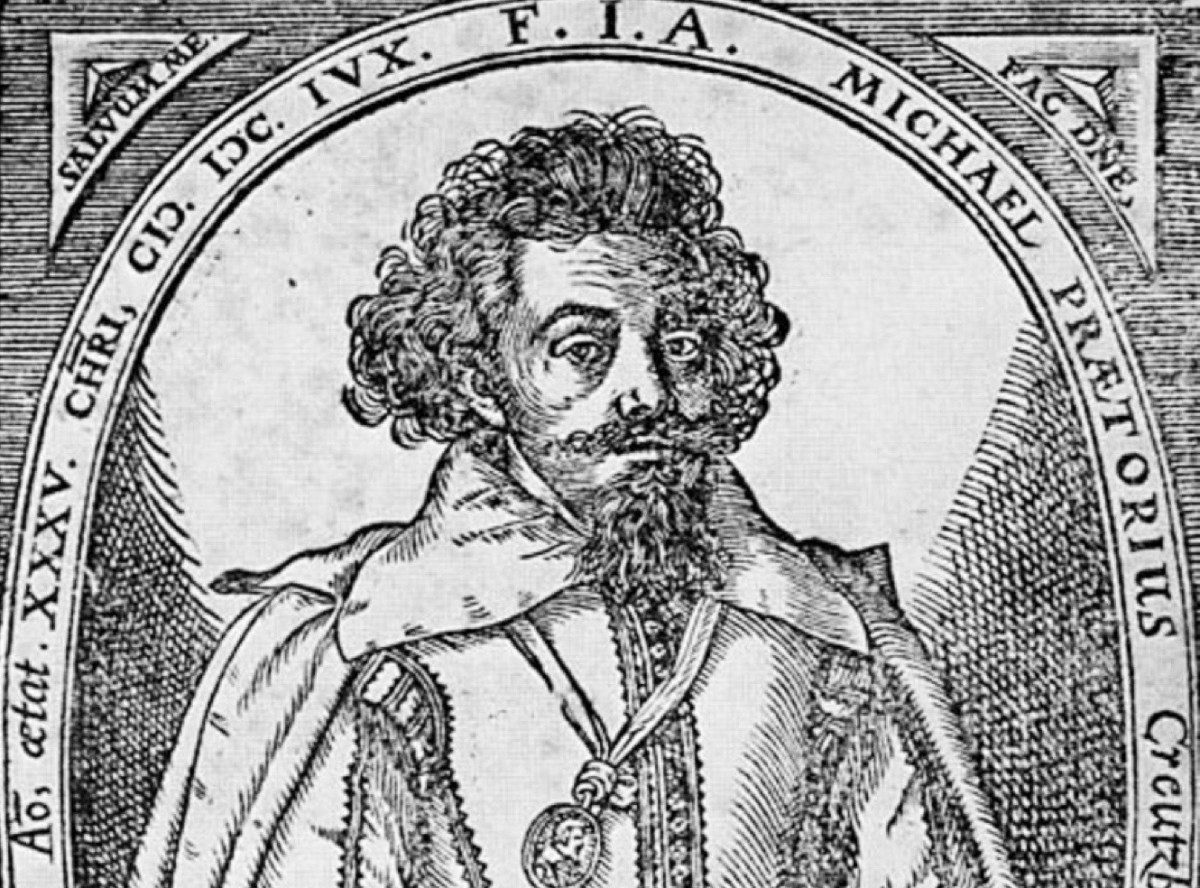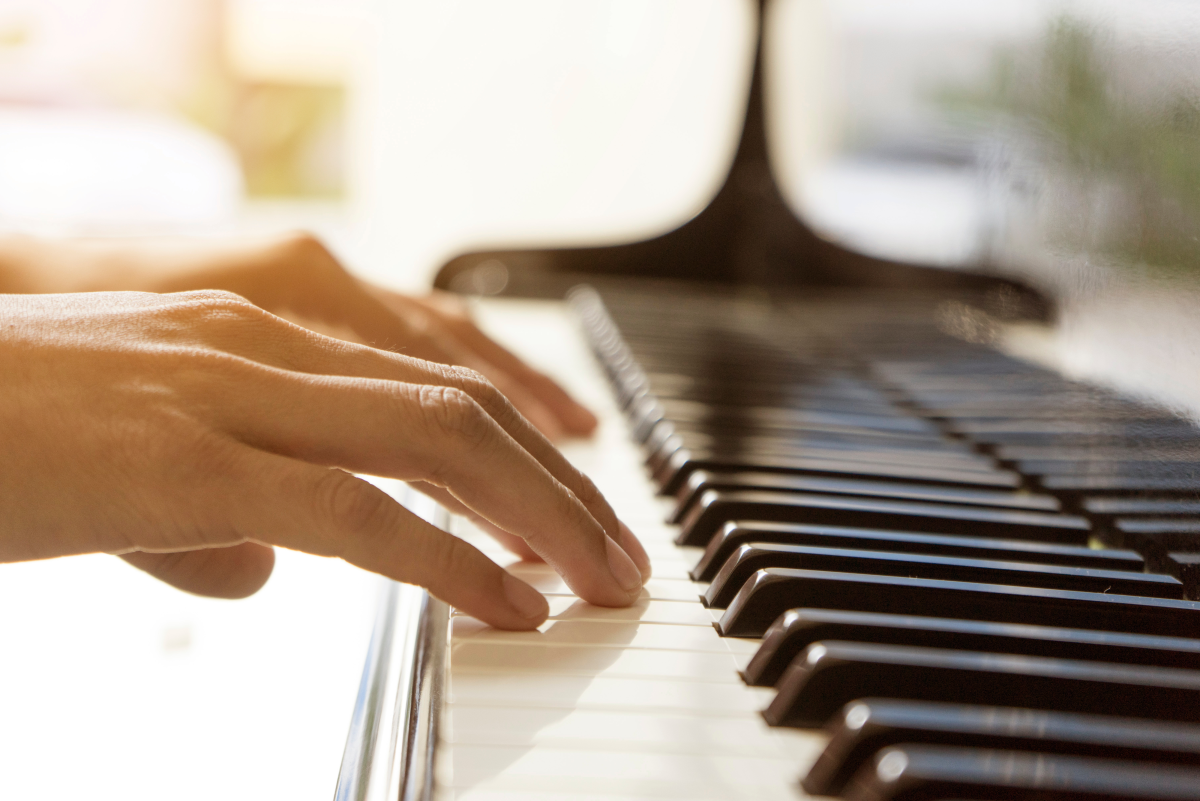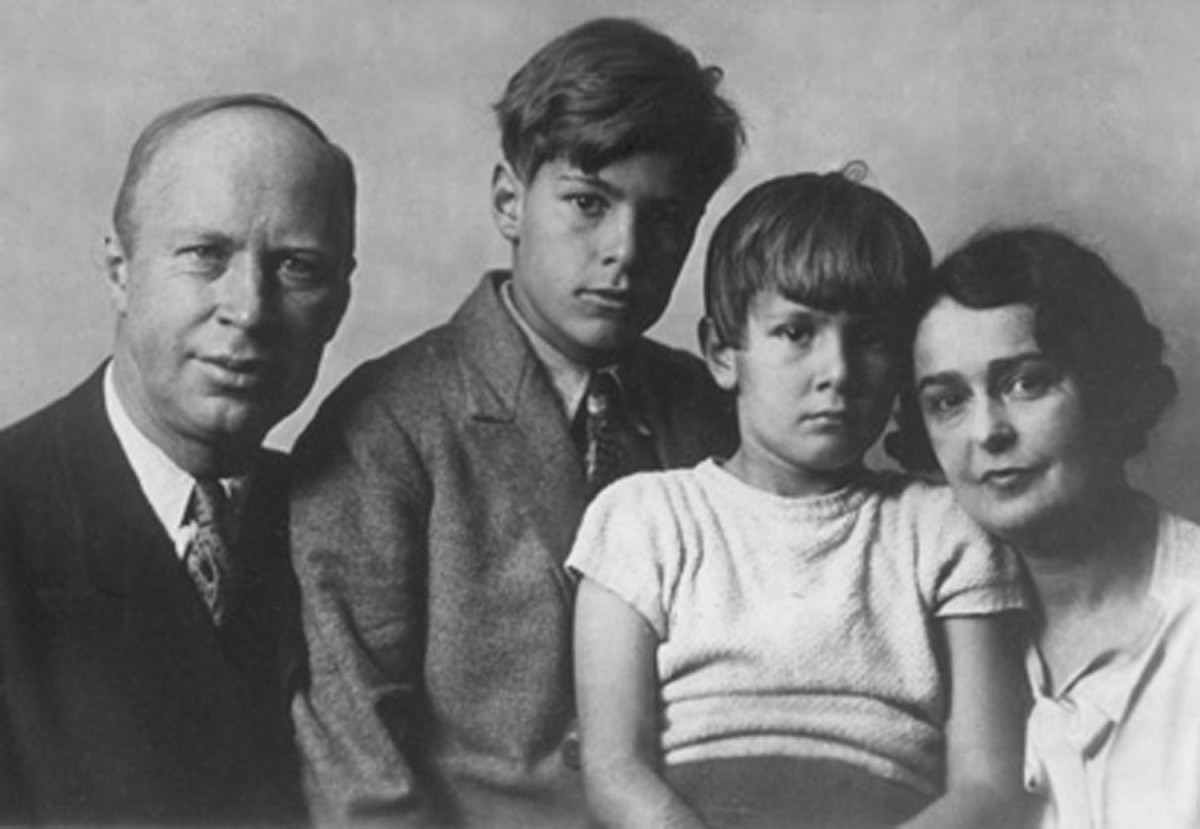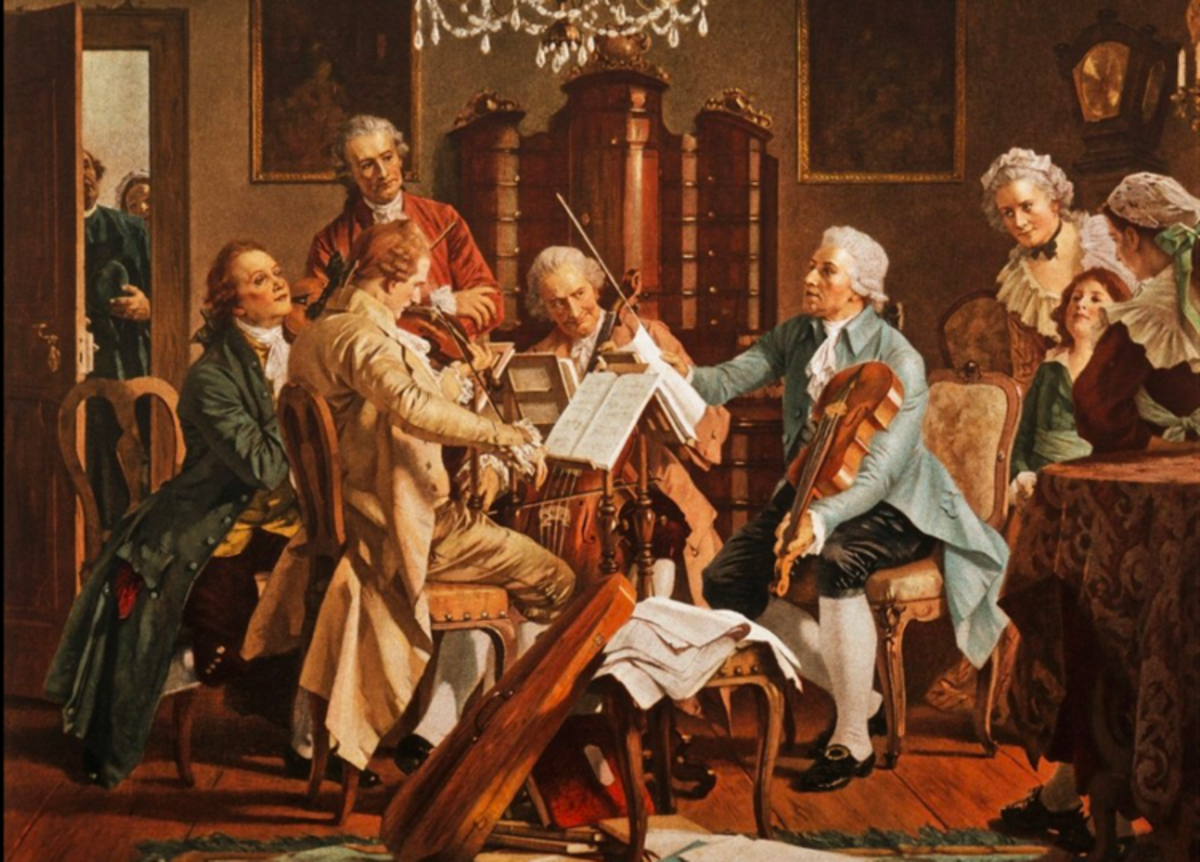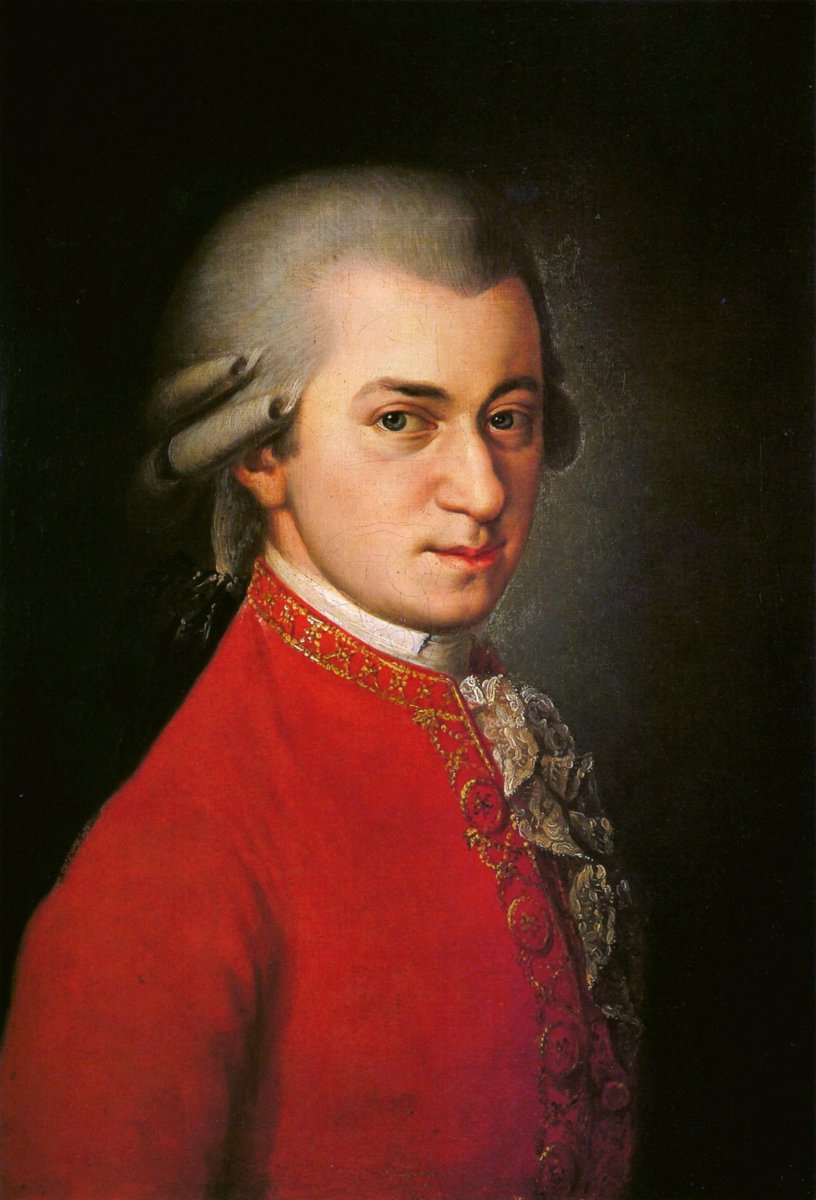Breaking Down Emotional Walls of My Music Student
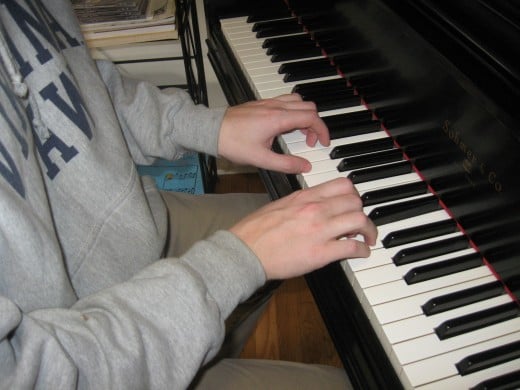
He Walked Into My Piano Lab And Into My Heart
He walked in to my piano class one beautiful spring morning, took a seat at the most isolated area of the room and carefully looked at the keyboard placed in front of him. The class was full except for the three empty, lonely looking benches and the accompanying piano keyboards in the rear of the room. His extra-long legs and dangling arms made him appear uncomfortable in the student - size seat. The brightness of the sun beaming against the window bounced off of his long, straight mane falling below his broad shoulders and jealous of the competing brightness of his deep blue eyes.
I glanced down at my attendance list, wondering which student held his name. I soon learned that his name was Jay. He looked more like a Richard, or David - a strong biblical name. Little did I know that through his weakness I would learn a lesson about breaking down emotional walls of my music student.
Evaluating Piano Performance
With my class in progress the first hour passed quickly. Now it was time for me to evaluate and rate students according to their piano performance. This is always something I look forward to. What piano piece will the pianist select? What is the level of technique? How confident is the student? Am I moved by the expressive interpretation? Which composer appeals to the student?
One by one each member of my class took turns demonstrating their musical ability at the piano. Jay was the last one to step up to the large grand piano. He sat down on the artists bench, moving it back to give his long legs and arms room to explore the full width of the piano keyboard. He paused, took a deep breath and leaning into the piano began to play.
The room became absolutely still. Not a sound could be heard as the young artist easily and automatically ran his long sturdy fingers over the keys, unlocking the mysteries of the great composer, Franz Liszt. Passages, so difficult and at such a speed one could not keep up with the flying fingers scanning the most impossible arrangement of notes ever composed. His fingers grew wings and eagerly conquered each phrase, mastering the acrobatic challenges then finally coming to rest as the final notes were played.
Complete silence followed. Jay sat still for a moment to allow himself to "come back to earth" and join humanity. Then he stood up with his eyes looking at the floor as if he had done something wrong. As he began to return to his place, the class slowly stood up one-by-one clapping their hands in unity at what they had just witnessed. Tears filled my eyes as well as those of others in the room who recognized that what was just heard was something they would never hear again. Jay remained unaffected by it all. But I, his teacher, had a problem with his stunning performance.
My Grand Piano
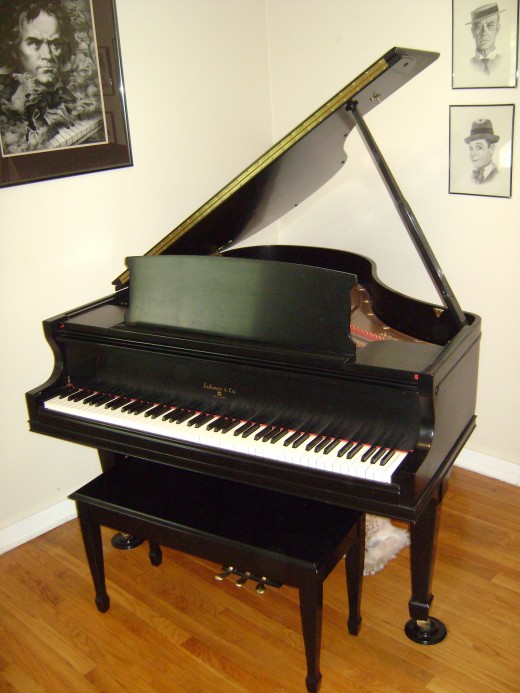
The Boy With No Emotion and Franz Liszt Hands - Blocking His Feelings
" When music transports us to the threshold of ecstacy, we behave almost like drug addicts as we listen again and again. What's happening in music that drives us right out of our skins? Why is some music "emotional", and some music "intellectual"? And how is it that sound can give us pleasure we seem to feel in our bodies? " ~ Robert Jourdain, Author of Music, the Brain, and Ecstacy.
Jay played the piano brilliantly, flawlessly. but void of all emotion, robbing the listener of his own emotional experience. Where was the passion? Was it possible that the same young man who dazzled me with his dexterity and perfection of some of the most difficult piano passages ever written was completely void of all emotion? No, I told myself . . . it's there somewhere and I aim to do whatever it takes to tap into his feelings. And when I do, I will teach him to free every emotion and like a great painter, use the piano keys as his pallate of colors.
As my class came to a close I approached Jay and asked to meet with him in one of the small music practice rooms. I gathered up four bench cushions, a few small books and a box of tissues. We entered the small room and I commanded Jay to sit at the piano and play a short excerpt from his former performance.
Again, his playing was perfect. I instructed him to repeat the same parts but this time play the passages as 'tho he were angry. His music became louder. "And how would it sound if you were sad"? He dutifully played softer. He wasn't getting it. He just could not feel it. Then I chose a much easier passage to play to demonstrate how to play with feeling. "Can you hear the difference" ? , I asked him. He said he could. "Are you able to imitate what I just did "? " No", he softly replied. "Can you meet me here again tomorrow"? "Yes" his soft voice replied.
Breaking The Barrier To Emotions
Individuals block feelings for different reasons. Some emotions are buried deep beneath a surface of well-being. Other feelings are intentionally hidden - reserved and safe. I am not a Doctor nor am I an authority on this subject. I share, only what I observe, learn, study and experience. Sometimes, when I give all my love and energy to a student, I know that I receive inspiration from a higher power because the results are so amazing.
This is exactly what happened with Jay. I took him through a series of exercises to help him discover his feelings. The progress was slow starting. I asked him a few questions such as:
- Do you ever cry? "No".
- Do you every get angry? "No".
- What makes you happy? "Music...playing the piano and listening to Classical music". "Liszt is my favorite composer. I listen to "Un Sospiro" to go to sleep at night".
- Are you ever afraid? "Yes".
- Are you afraid now? "A little".
Breaking through the barriers -
I continued with spontaneous exercises, leading him to talk about himself. Finally, I learned that he had a dog. He loved his dog. That gave me an opening. "How do you know you love your dog..." ? "How would you feel if someone hurt your dog"? "Angry", Jay didn't hesitate. I told him to show me how angry he would be. I handed him a small book and told him to throw it across the room. He heaved it hard. He felt anger. Now all I had to do was get him to play the right passage of music, feeling that exact same anger. It worked.
I then, took him through a list of feelings using similar techniques. He responded and was able to color his music with a variety of emotions. All, but one.
Caress the keys -
I teach my students to "caress" the piano keys to induce a beautiful lingering sound. This was the one very important touch he lacked when playing. It involves weight distribution and extreme relaxation in every finger as the pad connect one note to the next. After 20 minutes of trying everything I could think of and failing at the attempt - an idea sprang to my mind.
I wanted the room as dark as possible, but still with just a bit of light. I lit a candle, turned out the light and began my experiment. I placed two cushions on the floor, facing each other and directed him to sit on one and I sat on the other. Sitting indian-style and facing each other with the knees almost touching, I told him to breathe deeply and to close his eyes.
I proceeded to take his right hand and began to gently but warmly hold it in mine. Then I commanded him, in a soothing and safe voice, to "let go of all memories of pain, hurt, fear and loneliness". I encouraged him to empty his mind and conentrate on only the touching. He was to take as much time as he needed. I would not leave him and would stay as long as it took.
After holding his right hand for a while, I switched to the left hand. His body began to shiver...I continued to hold his hand. I took some deep breathes and he followed my lead. The shivering ceased. I told him he could open his eyes when he was ready. It wasn't long before his large blue eyes were open and looking downward.
After a few minutes, I told him to look at me. He hesitated and I thought that I had failed him again. Then it happened. He slowly lifted his chin and looked right into my eyes. "Jay - let it go sweet boy". Tears began to well-up in his eyes. I smiled with approval at him. The tears began to roll down his cheeks. I handed him a tissue. He began to bite his lower lip to control what was happening inside of him.
The discovering of emotions -
The tears continued and with it came whimpering. Something admonished me to change my position on the floor and I found myself cradeling him in my arms and stroking his hair. Now his whimpering turned into deep sobs of release. I rocked him back and forth, like a baby being cuddled by it's mother. When he finished discovering his emotions the room was quiet and a sense of peace was powerfully felt.
I told him to go to the piano and touch the keys with all the sensitivity and passion he was still feeling. He began playing. It was as if the "angel of music" had entered his body. What deliberat and magnificent interpretation came from this young man. I was astonished. Now it was my turn to experience my own wonderful emotions.
Jay had never experienced a gentle, warm and loving touch until he felt my touch. Imagine!It takes so little to help someone feel so much. Jay received a full scholarship to " The Eastman School of Music".

Composer, Pianist, Virtuoso, Franz Lizst
Franz Liszt became renowned throughout Europe during the 19th century for his great skill as a performer. He was said by his contemporaries to have been the most technically advanced pianist of his age and perhaps the greatest pianist of all time. He was also an important and influential composer, a notable piano teacher, a conductor who contributed significantly to the modern development of the art, and a benefactor to other composers. For further information on Liszt, visit Wikipedia
Franz Liszt
Birthplace of Franz Liszt - Composer of enormous influence and originality during the 'Romantic Movement.' October 27 1811 - July 31, 1886
Jay's Favorite Classical Piece
Honoring Our Feelings
There can be no transforming of darkness into light and of apathy into movement without emotion ~ Carl Gustav Jung(1875-1961) Swiss psychologist and psychiatrist
Feelings must not be judged; they just are. I learned this profound and insightful lesson in a therapy session with Doctor Mary. She taught me the futility of blame and the freedom that comes from just "letting go."
All the knowledge I possess everyone else can acquire, but my heart is all my own.~ Johann Wolfgang Von Goethe(1749-1832) Learn to own your own feelings. Don't be afraid to feel. If the feeling of anger comes up, thank it for visiting then give it permission to leave. When I have a feeling of peace, I thank it, ask it to stay awhile and come back often. It is not necessary to question your feelings and emotions. Your feelings are not you. They do not identify who you are.
The Story of Two Wolves
The following old parable illustrates the importance of staying in the "solution" rather than focusing so strongly on the problem.
An older Cherokee man is teaching his grandson about life. "A fight is going on inside me," he says to the boy. "It is a terrible fight and it is between two wolves.
One is evil. He is anger, envy, sorrow, regret, greed, selfishness, arrogance, self pity, guilt, resentment, inferiority, lies, false pride, superiority and ego.
The other is good. He is love, joy, peace, hope, serenity, humility, kindness, benevolence, empathy, generosity, truth, compassion and faith.
This same fight is going on inside you and inside every other person." The grandson thinks about it for a minute and then asks his grandfather, "Which wolf will win?"
The old Cherokee replied, "The one you feed."

© 2011 Audrey Hunt


